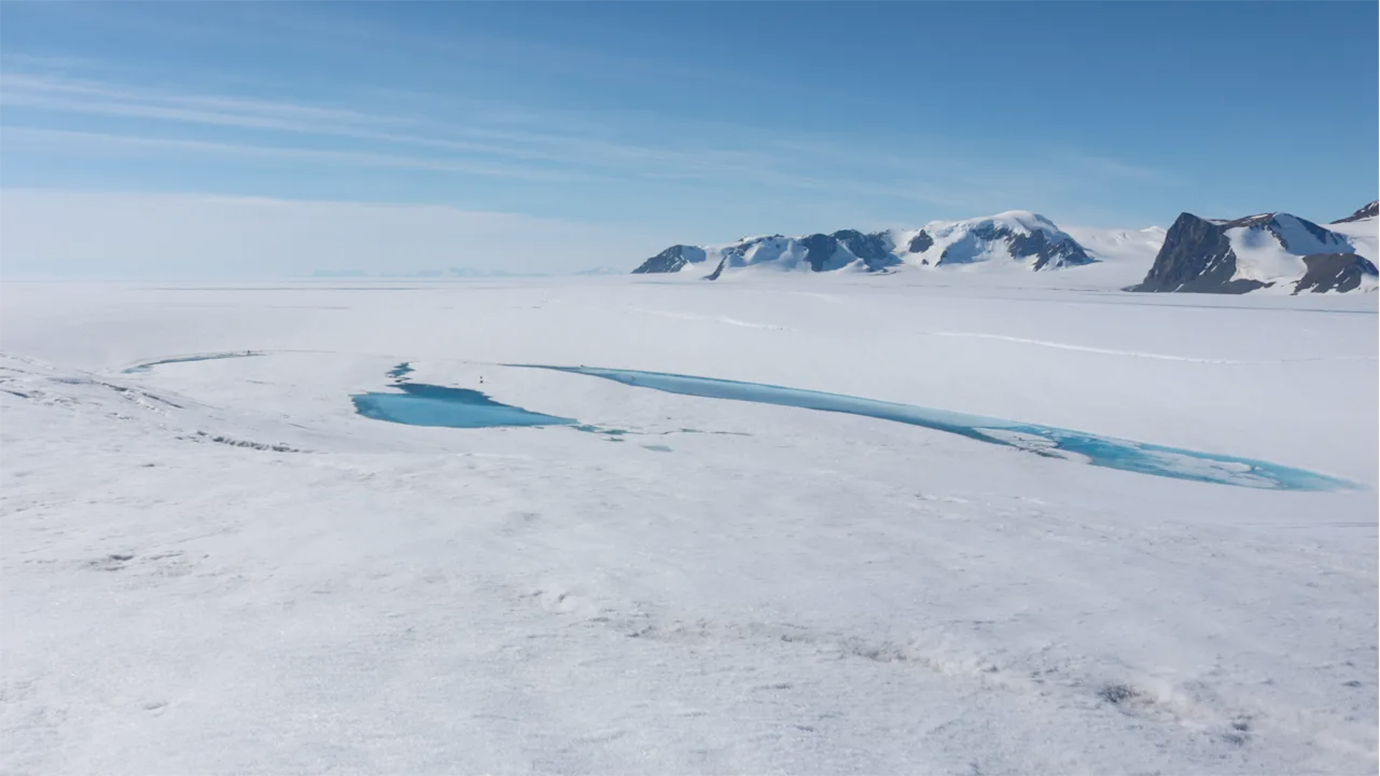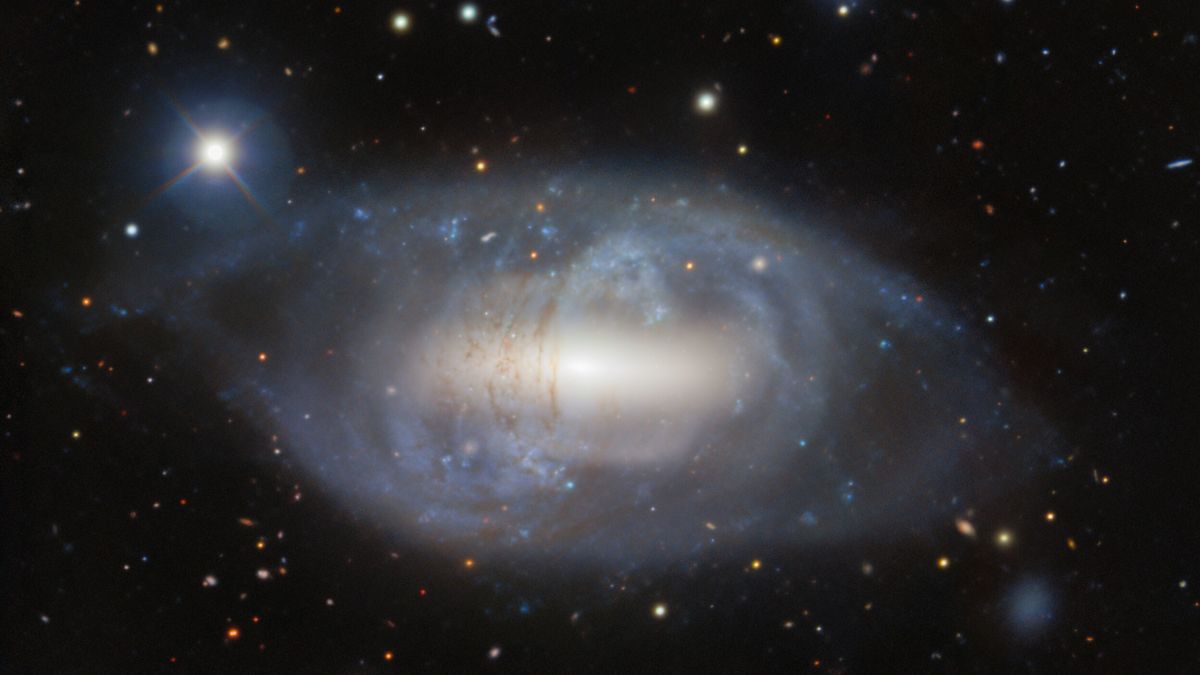A group of scientists have placed instruments on an ice shelf in Antarctica and discovered that ponds of meltwater were causing the ice to flex and fracture. This phenomenon had been predicted by scientists, but had never been observed in the field before. The finding raises concerns about the potential collapse of vulnerable ice shelves in Antarctica as climate change leads to more melting, contributing to global sea rise.
In 2019, a research group led by Banwell visited the George IV Ice Shelf, known to be at risk of collapse. They placed time-lapse cameras and GPS sensors on the ice to monitor it throughout the seasonal cycle of freezing and thawing. This study provides valuable insight into how meltwater ponds can affect the stability of ice shelves in Antarctica, highlighting the potential impacts of climate change on these vulnerable structures.
Doug MacAyeal, a University of Chicago professor, commented on the collapse of the Larsen B Ice Shelf in 2002, attributing it to a similar process. He noted that over 1,000 square miles of Antarctic ice collapsed into the ocean in a matter of weeks during that event. This suggests that the phenomenon observed on the George IV Ice Shelf is likely responsible for other ice shelf collapses as well.
Alison Banwell, a scientist at the University of Colorado Boulder, explained



